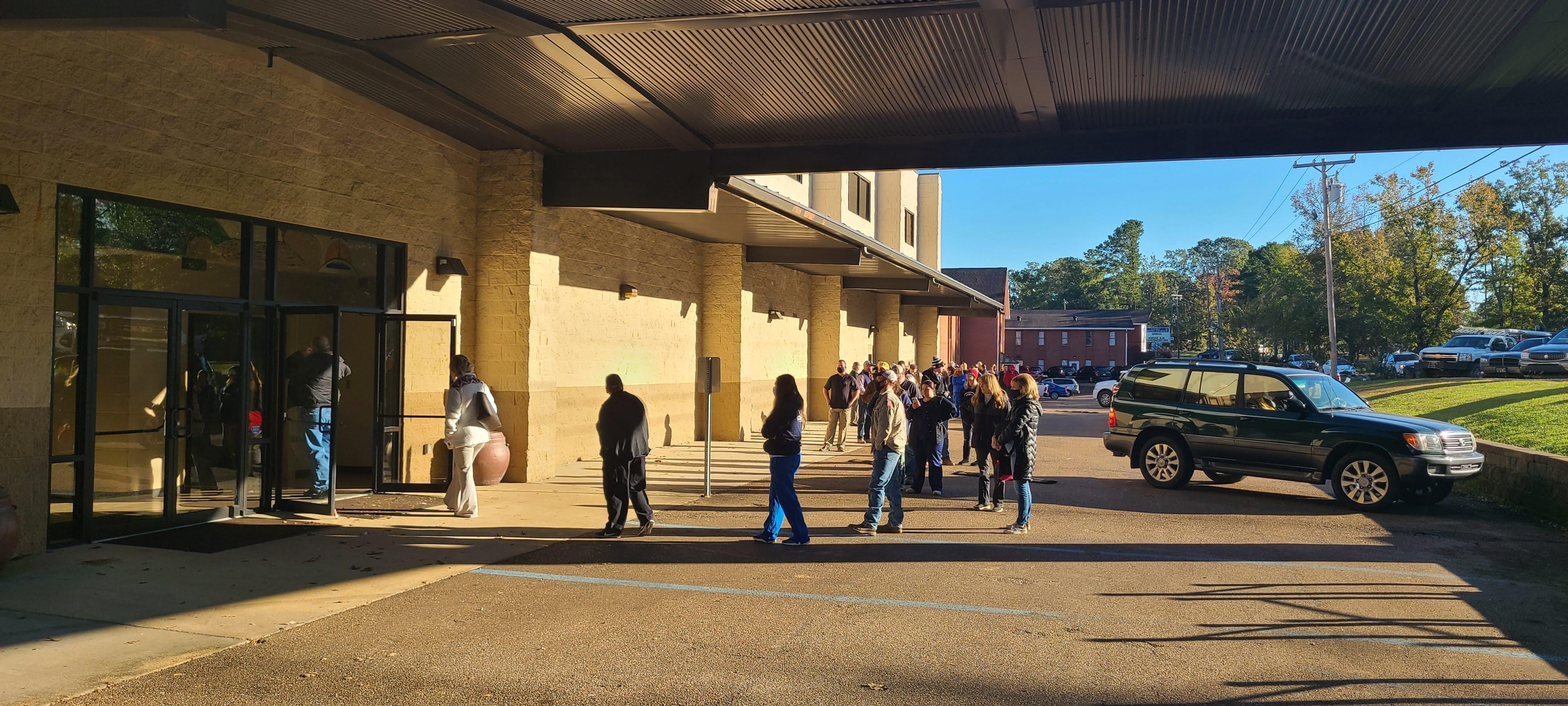Mississippi lawmakers have voted to send two major elections bills to the governor’s desk. The bills are intended to reduce fraud, though skeptics say it could deter voter participation.
Election fraud bills clear Mississippi legislature


Mississippi lawmakers have voted to send two major elections bills to the governor’s desk. The bills are intended to reduce fraud, though skeptics say it could deter voter participation.

Kobee Vance
Election fraud bills clear Mississippi legislature
Mississippi’s Senate is sending SB 2358 to the governor’s desk that would penalize anyone who collects absentee ballots, acting as an intermediary between the county’s circuit clerk’s office. Opponents of the bill say this would hypothetically prevent a church from helping homebound members cast their ballot. But Secretary of State Michael Watson says it’s a security precaution.
“Folks are going around collecting these ballots and then turning them in, and so they’re ‘harvesting’ ballots. And again, too many times we’ve seen folks going around and coaching folks on how they need to cast their ballot and then taking their ballot for them. So the more opportunities that we can have to make sure that that’s not happening in Mississippi, the cleaner our elections will be.”
According to the Heritage Foundation, seven cases of fraudulent absentee ballot convictions have been identified in Mississippi within the last 30 years.
House lawmakers have also advanced HB 1306 which would enhance penalties for Mississippians who vote twice in an election. This action is currently classified as a misdemeanor, which would be changed to a felony charge. Republican Representative Prince Wallace says systems are in place to prevent someone from voting twice, but Democratic Representative Zakiya Summers asked during floor debate what happens when someone slips through the cracks.
Summers asks “and so if that voter does vote, then they would be fraudulently voting and therefore would be subject to this fine and time in jail?”
Prince says “Yeah. And in my opinion, if that voter does that, then he or she is doing it knowingly what they’re doing is wrong.”
The House Bill is currently being held on a motion to reconsider but is expected to pass out of the chamber and be signed into law within the coming weeks.